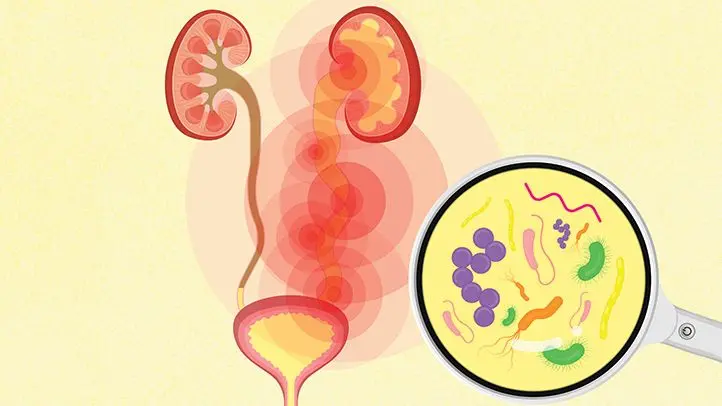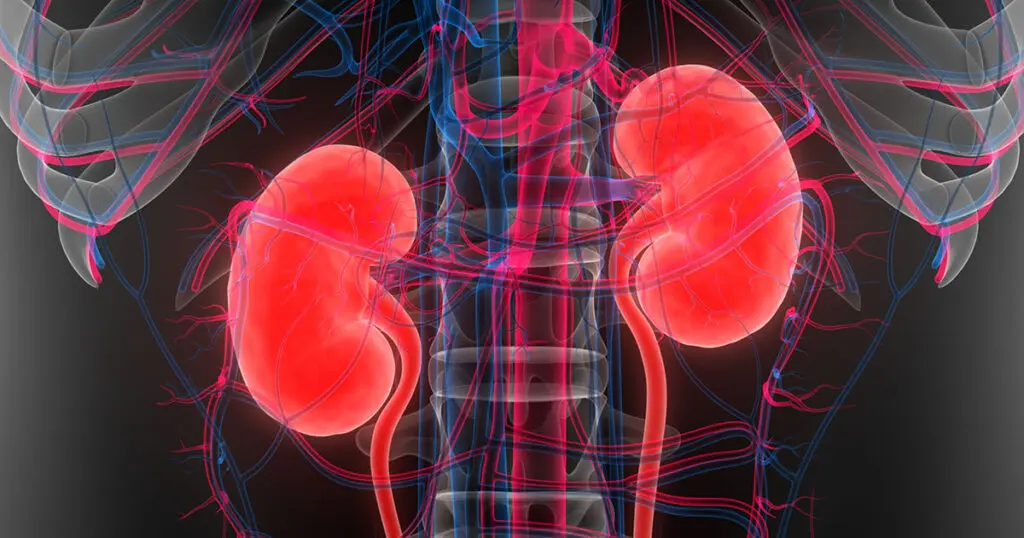Observer Time: August 29, 2024
UTI, a Urinary Tract Infection is growing fast worldwide and becoming more dangerous daily.
The overall disease associated with UTIs has increased by 60% from 1990 to 2011.
Currently, the bacteria causing UTI have started making a resistance against all the common drugs.
So today here at Observer Time we are going to discuss and observe the news of why UTI cases increasing in the world and disease causes.

UTI CASES
UTIs are typically viewed as more of a painful nuisance than a danger or fatality.
Antibiotics, on the other hand, can be necessary for an elderly patient or someone with multiple medical conditions.
Every year, hundreds of thousands of people worldwide die because of not receiving these antibiotics.
The more than 400 million annual UTI cases worldwide significantly strain limited medical resources, even when they are not fatal.
“We know UTIs are a tremendous cause of morbidity and even mortality, but they are also a huge burden on the U.S. healthcare system contributing to well over $2 billion annually in healthcare costs.”
Says Michelle Van Kuiken, a urologist and a urogynecologist at the University of California, San Francisco.
Scientists have been attempting to identify and comprehend lesser-known contributing factors to lessen this burden.
Meat that has been contaminated with Escherichia coli bacteria might come as a surprise.

WHAT ARE UTIs AND HOW DANGEROUS THEY ARE?
Most infections involve the lower urinary tract, the bladder, and the urethra. Women are at greater risk of developing a UTI than men.
If an infection is limited to the bladder, it can be painful and annoying. However serious health problems can result if a UTI spreads to the kidneys.
WHY ARE THE NUMBER OF UTI CASES INCREASING?
There are several reasons for the rising number of UTI cases, one of which is a growing population. Lazarus asserts, “We expect more UTIs and more [of the disease burden associated with] UTIs as the population increases.”
In addition, the prevalence of UTI-associated conditions like kidney stones and type 2 diabetes is rising. Additionally, many adults and teens engage in sexual activity. According to Van Kuiken, “Sexual activity is the number one contributor to developing a UTI in otherwise healthy women.
” Additionally, the world’s population is getting older. “Since UTI cases are more normal in seniors, their predominance is expanding as the populace ages,” says Comiter.
Cindy Liu, a microbiologist and the chief medical officer at the Antibiotic Resistance Action Center at George Washington University’s Milken Institute School of Public Health cites another compelling factor behind the rising numbers of more dangerous infections: an increase in antibiotic-resistant UTIs.
“Without changing how we use our antibiotics, we are on track to have fewer options for treating bladder, kidney, and urosepsis infections,” she says.

HOW TO AVOID UTIs
Avoiding a UTI foodborne or otherwise begins with good hygiene.
Because of the contamination danger, one important step is to take precautions when handling any meat products specifically, chicken, turkey, and pork as they are more commonly associated with E. coli-related infections.
Safe handling practices included washing hands frequently with soap and warm water for at least 20 seconds, cleaning and sanitizing food preparation areas and utensils after each use, and cooking meat to a safe temperature.
Liu says you can also reduce your exposure to drug-resistant E. coli by choosing to buy meats that are labeled as “USDA Organic,” “Raised Without Antibiotics,” “Animal Welfare Approved,” “American Grassfed,” or “No Antibiotics Ever.”
To avoid other causes of urinary tract infections, Comiter suggests frequent handwashing, wiping from front to back after going to the bathroom, drinking adequate amounts of water, and urinating after sex as “efficacious ways to minimize the risk of infection.”
When it comes to avoiding the worst outcomes of UTI cases, he says, it’s best to see your physician if you notice any concerning symptoms of infection or if symptoms seem to worsen. “If there is a fever or changes in mental status—which is more common in the elderly,” he explains, “then a more serious infection may be occurring, which may require hospitalization and a longer course of treatment.”
With proper precautions and care, Lazarus notes, the worst outcomes of urinary tract infections can often be avoided: “UTI cases are quite treatable if diagnosed early.”

For regular updates subscribe to the newsletter of Observer Time






















